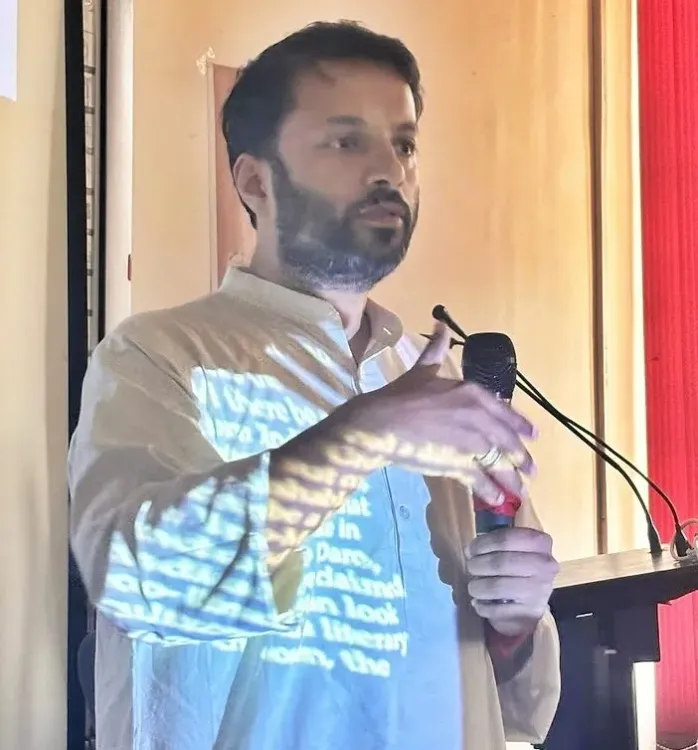Did the NHRC Overstep Its Bounds in Mahmudabad’s Arrest?

Synopsis
Key Takeaways
- NHRC's notice raises questions on procedural integrity.
- Legal authority of NHRC under scrutiny.
- Overlap with state commission jurisdiction complicates matters.
- Charges against Mahmudabad highlight serious allegations.
- Implications for human rights and justice processes.
New Delhi, May 21 (NationPress) The National Human Rights Commission (NHRC) has sent a notice to the Haryana Police regarding the arrest of Ashoka University professor Dr. Ali Khan Mahmudabad, raising significant concerns about procedural correctness.
This controversy ignited when NHRC member Priyank Kanoongo informed IANS that he had not authorized the notice.
He referenced Section 36 of the Protection of Human Rights Act, which restricts the NHRC from investigating matters that are already being considered by state commissions or other authorized bodies.
This stipulation has cast doubt on whether the NHRC had the legal authority to intervene in this particular situation.
Notably, one of the FIRs against Mahmudabad—filed at Rai Police Station in Sonipat, Haryana—originated from a complaint by Renu Bhatia, the Chairperson of the Haryana State Women Commission, which has already acknowledged the issue.
This overlap indicates that the case may fall under the jurisdiction of the state commission, potentially precluding NHRC involvement at this time.
Furthermore, the NHRC’s own procedural guidelines, especially in the section “Complaints Not Ordinarily Entertainable,” suggest that the Commission may dismiss cases that are sub judice or under review by another statutory body. This raises questions about the apparent inconsistency between the NHRC's internal regulations and its public actions, according to sources.
Previously, the NHRC released a statement indicating it had taken suo motu cognizance of media reports concerning the professor’s arrest.
The Commission asserted that the allegations seem to represent a violation of Mahmudabad's human rights and liberties, requesting a thorough report from the Haryana Director General of Police within a week.
Mahmudabad, who leads the political science department at Ashoka University, was apprehended on Sunday under serious allegations, including charges related to jeopardizing the nation's sovereignty, allegedly due to social media posts linked to “Operation Sindoor.”








